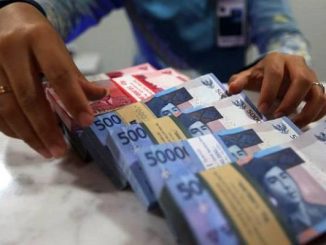
JAKARTA, KalderaNews.com – Expanding the middle class can help Indonesia grow faster and share prosperity more broadly across the population, according to a report released today by the World Bank entitled Aspiring Indonesia – Expanding the Middle Class.
Over the past 15 years, Indonesia has made remarkable progress in reducing poverty which is now below 10 percent. During this period, the country has also witnessed its middle class grow from 7 percent to 20 percent of the population, with 52 million Indonesians currently belonging to this group.
But action is needed to help the aspiring middle class—45 percent of the population, or 115 million people—who are free from poverty but have yet to achieve full economic security. For this group, moving up is just as likely as slipping down, so adopting the right policies to expand the pathway to upward mobility is a crucial frontier in Indonesia’s development.
BACA JUGA:
- Yuk Simak Trik Meraih Beasiswa S1 dan S2 di Luar Negeri!
- Kenapa Kamu Melanjutkan Studi ke Inggris, Inilah Alasannya!
- Tidak Jujur dan Disiplin Saat Kecil Bisa Jadi Pemicu Korupsi
- Tips Tetap Sehat di Musim Hujan buat Anak Sekolah dan Mahasiswa
“Demand from the middle class can drive growth. They are the source of almost half of the total household expenditure of Indonesia and they also invest more in human capital. Having the right policies to expand the size of the middle-class can unlock Indonesia’s development potential and propel the country to high-income status,” said Rolande Pryce, Acting World Bank Country Director for Indonesia.





Leave a Reply